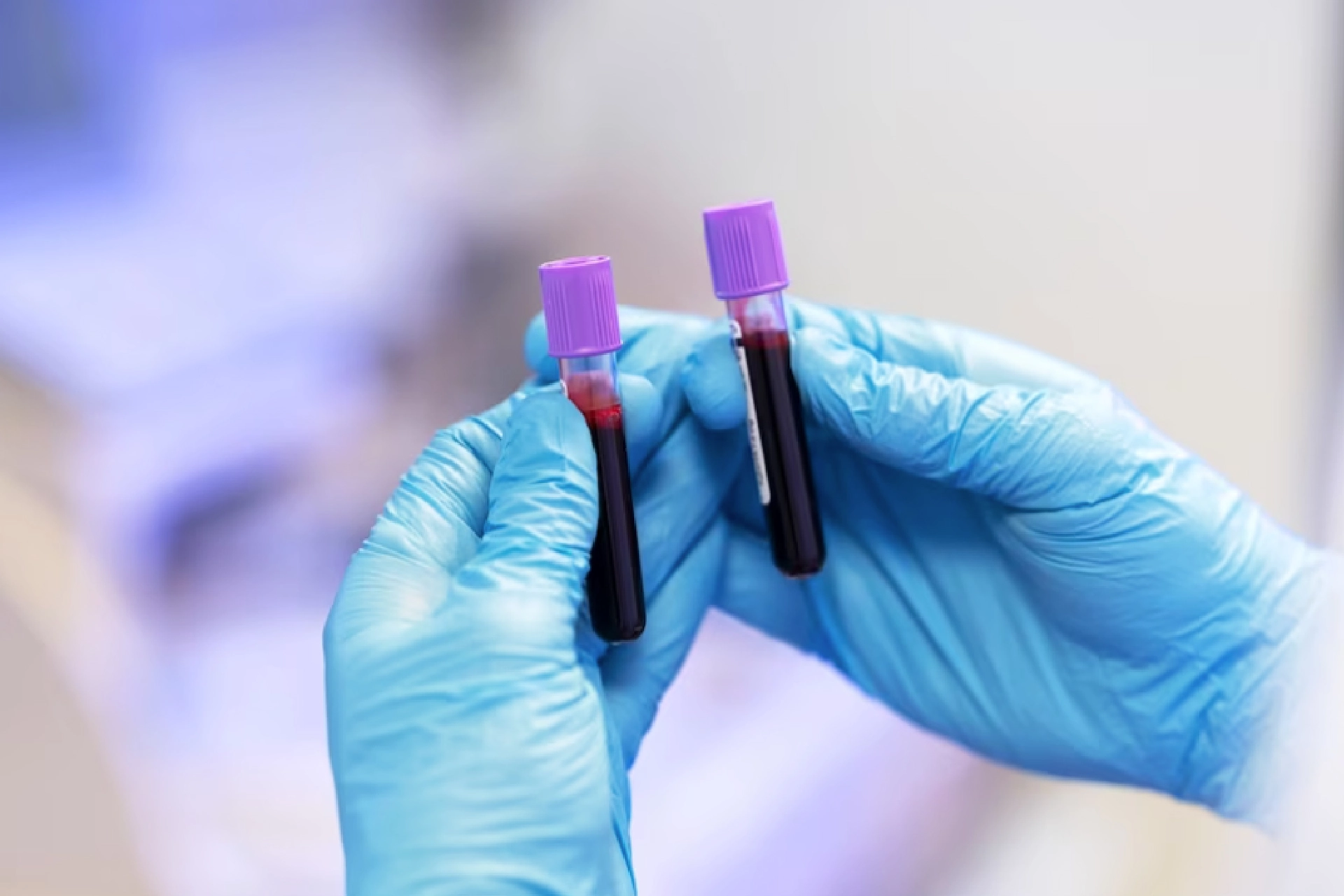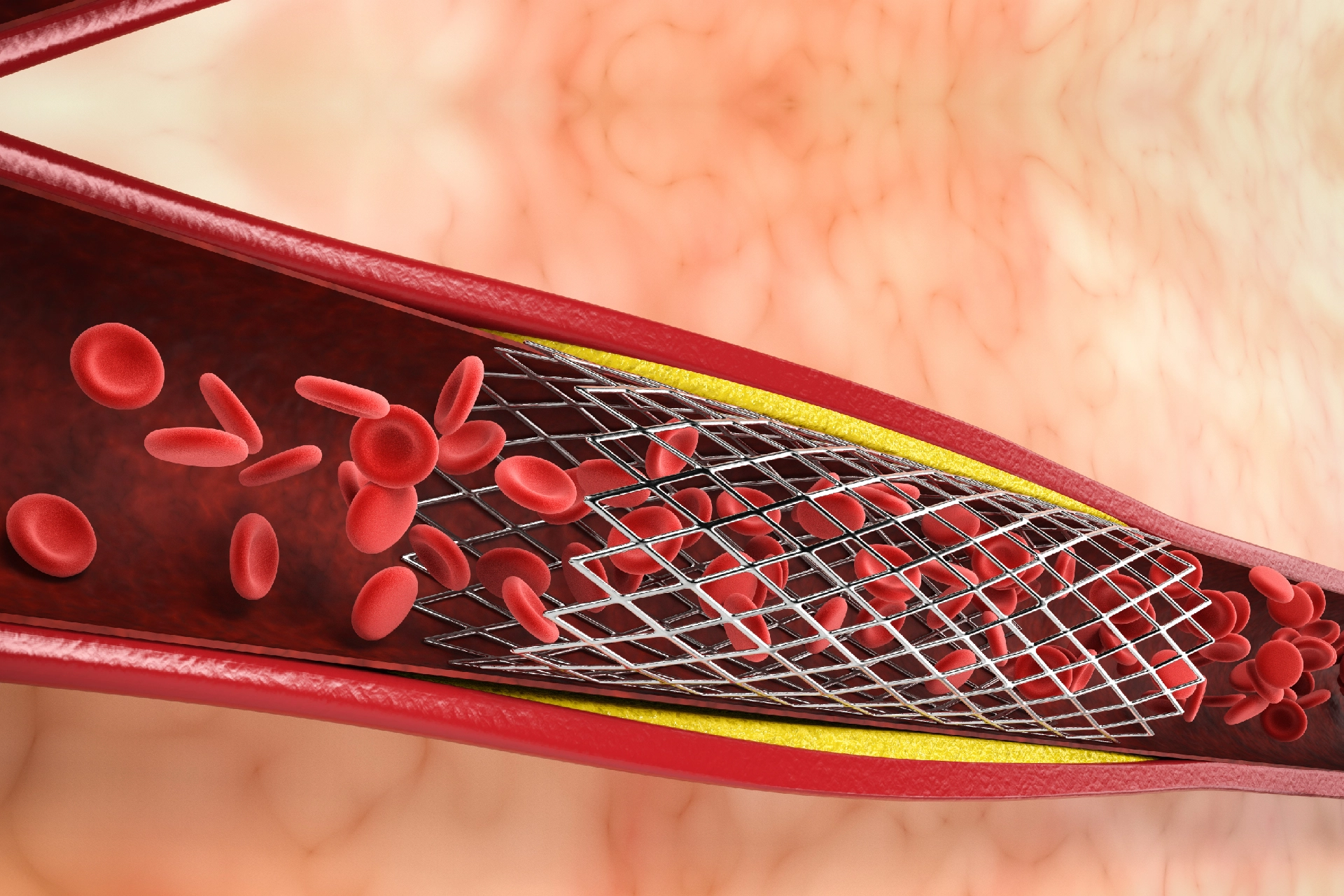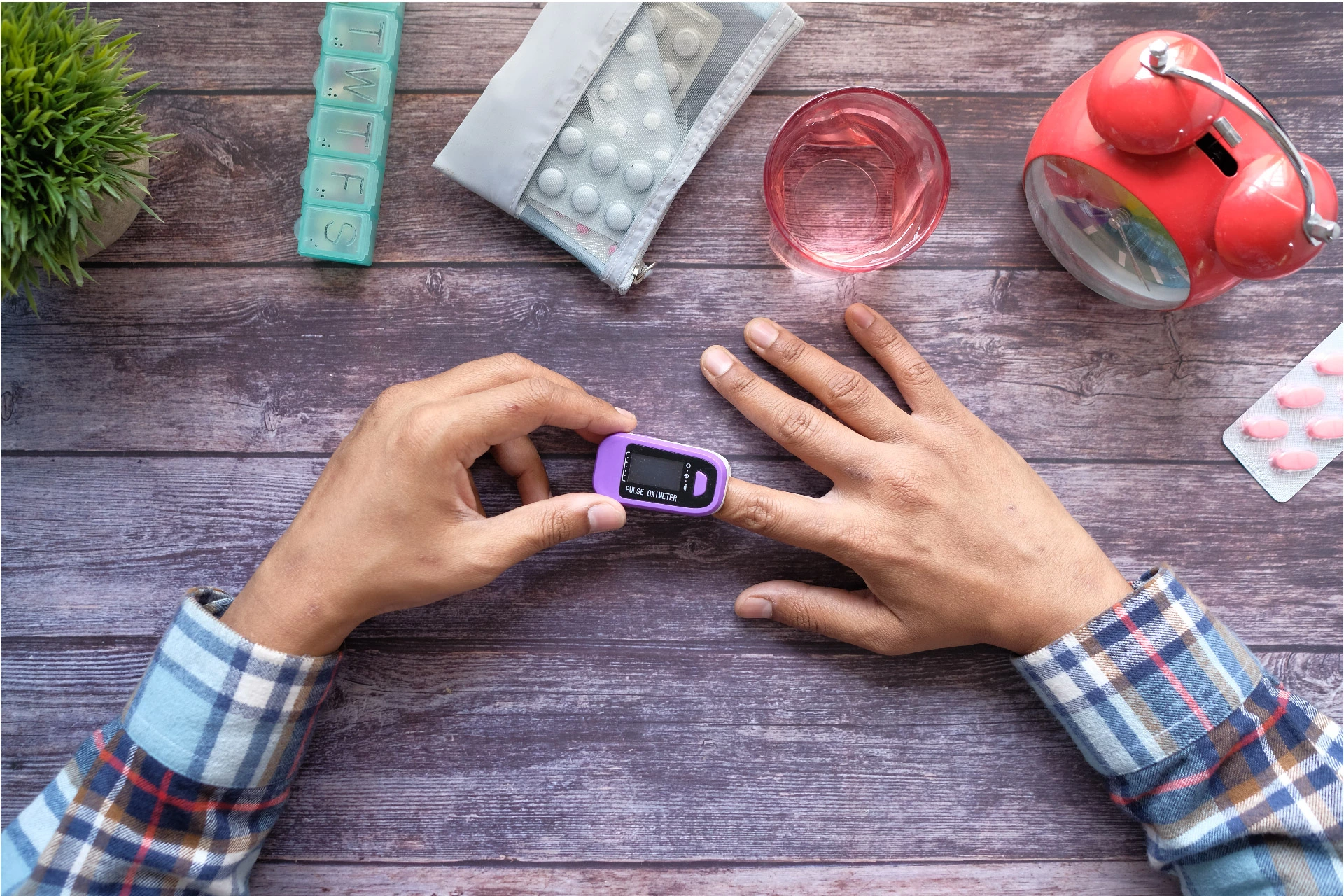General Physician | 5 min read
What Are the Different COVID-19 Test Types You Can Opt For?
Medically reviewed by
Table of Content
Key Takeaways
- There are currently two COVID-19 test types for checking COVID-19
- RT-PCR tests or antigen tests are used to detect coronavirus infection
- RT-PCR test procedure is currently the gold standard for diagnosing COVID-19
COVID-19 is a deadly pandemic that has affected the world globally. A communicable disease caused by a coronavirus, it spreads through saliva or nose droplets. It is a respiratory illness. The most common symptoms presented by COVID-19 include dry cough, fever, and fatigue. The uncommon symptoms include skin rash, loss of taste, body aches, conjunctivitis, and diarrhea. While it is easy to recover from mild symptoms, keep a vigilant eye on serious symptoms. The signs to watch for are difficulty breathing, pain in the chest, and loss of mobility. Symptoms in an infected person show up in 5 to 6 days. However, it can go up to 14 days as well. You can recover from mild symptoms at home, but the serious ones need more medical attention. If you notice any of these symptoms persisting for a while, testing for COVID-19 will help in early detection. If you test positive, you must isolate yourself and take necessary precautions. The samples for COVID-19 test types are usually nasal swabs and throat swabs.
Additional Read: Everything to know about COVID-19 CareThere are two types of COVID-19 tests, namely diagnostic and antibody tests. While diagnostic tests help detect an active infection, antibody tests check for the presence of antibodies in your body as an immune response to infection.
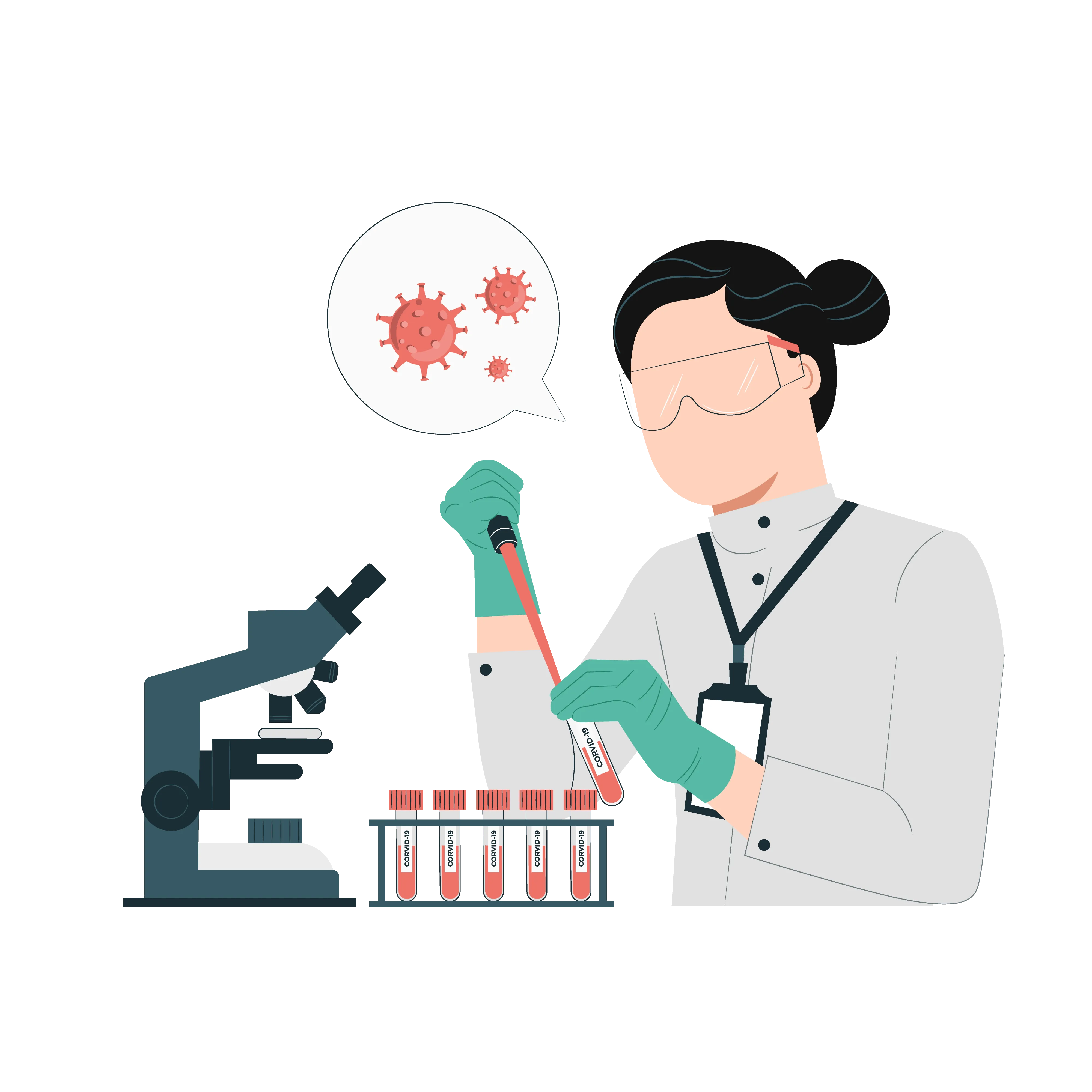
COVID-19 test types
What is the RT-PCR test procedure?
RT-PCR test or a reverse transcription-polymerase chain reaction helps in detecting the genetic material of the virus. You will be able to know whether you have been infected with the virus or not. RT-PCR test can detect viral fragments even if you are asymptomatic.
RT-PCR test procedure involves three important steps:
- Collection of samples
- Extraction of the viral genetic material from the sample
- PCR step where chemicals detect the presence of the virus
A swab is used to collect the respiratory material from your nose and throat. After that, an extraction process is done to isolate the genetic material of the virus. Finally, using the PCR step, duplicate copies of this viral genetic material are produced. Chemicals then signal the presence of SARS-CoV-2. RT-PCR report is available within 24 hours post sample collection. [1]
What is the antigen test?
As the name suggests, this test detects the presence of antigens on the viral surface. With an antigen test or rapid test, you get results within 15 to 30 minutes. This test is less accurate than an RT-PCR test. [1,2,3] However, it is most useful when done right when you exhibit symptoms.
The CoviSelf test is a rapid antigen self-test kit that helps you get results within 15 minutes from the comfort of your home. The test report is available through the CoviSelf app. The kit consists of a safe swab, disposal bag, pre-filled extraction tube, and an instruction manual. [4] This test is an easy way to see if you require a further test to confirm an infection.

How to interpret antigen and PCR test reports?
In the case of a PCR test, a positive means that there is an infection and that you are currently infected with COVID-19. A home quarantine is ideal if the RT-PCR report gives a positive result and you experience mild symptoms. However, a negative result does not infer that you are not infected. It could be possible that there was a less viral presence in your body. If the symptoms continue to persist, it is better to repeat the RT-PCR test. Though it is quite possible to get false negatives, a swab test PCR helps to diagnose if the person has been infected by COVID-19 or not. [1,3,5,6,7]
What is the difference between antigen and RT-PCR tests?
The difference between RT-PCR and antigen tests is the time taken to obtain the results and the test's sensitivity. While the rapid antigen test results may be available within 15 to 30 minutes, it may take 24 hours to get the RT-PCR test reports. A positive antigen test result might not need re-confirmation, but a negative test with persistent symptoms must be re-confirmed with an RT-PCR test. Thus, this test is the gold standard for diagnosing COVID-19 infection because of its accuracy and reliability. [1,3,8]
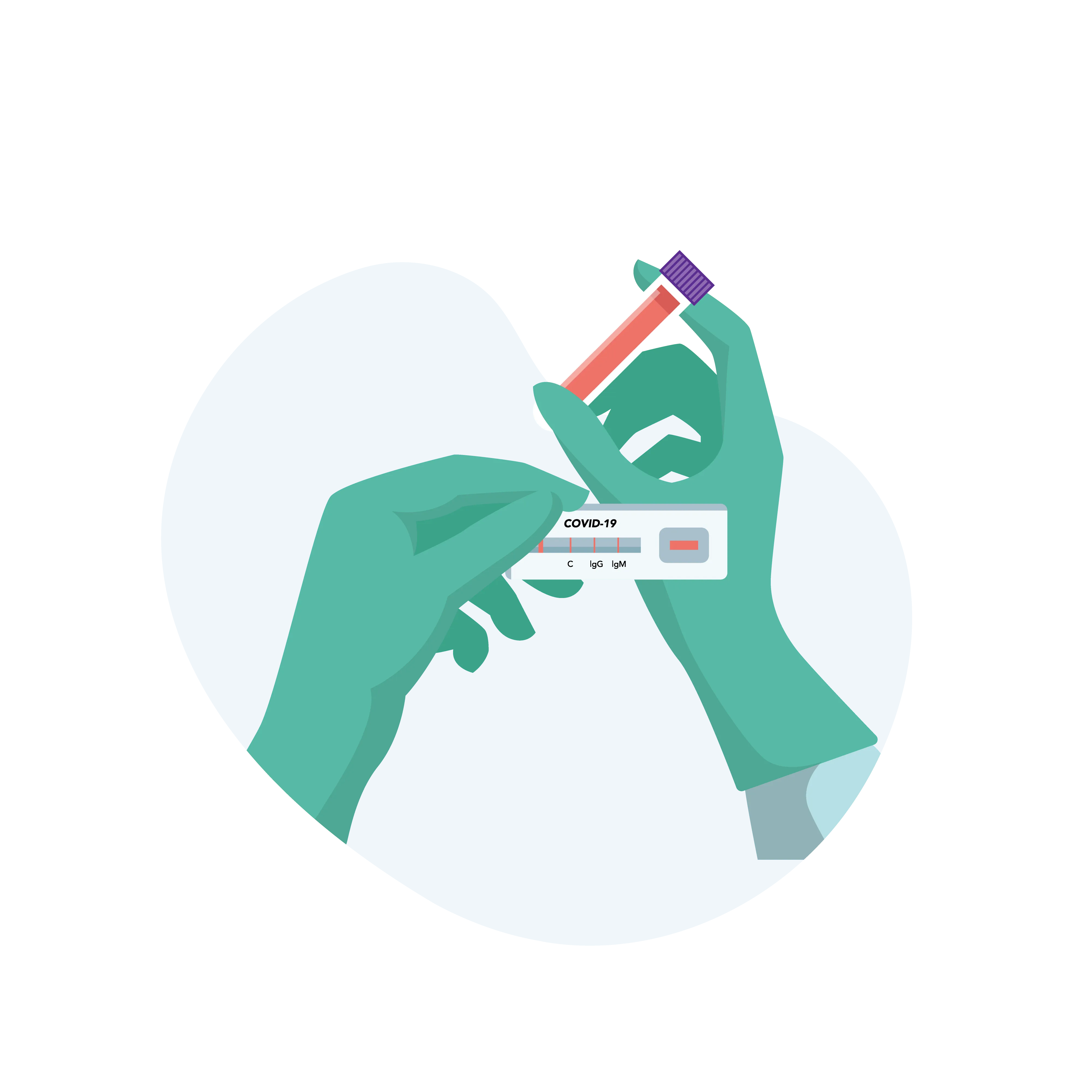
When do you need to get tested for COVID-19?
Get a test done if you have persistent COVID-19 symptoms. If you were in a crowded place or attended a gathering or met someone who is infected, you have to test yourself.
Additional Read: Your Comprehensive Guide to the COVID-19 VirusWhen you experience symptoms, choose wisely between the above COVID-19 test types. Be proactive and take the necessary precautions. Bajaj Finserv Health is an all-in-one online platform that allows you to avail yourself of healthcare facilities related to COVID-19 easily. Here, you can do self-assessment online, book your vaccination slot, and book COVID-19 tests without any delay.
References
- https://my.clevelandclinic.org/health/diagnostics/21462-covid-19-and-pcr-testing
- https://www.who.int/emergencies/diseases/novel-coronavirus-2019/media-resources/science-in-5/episode-14---covid-19---tests?gclid=CjwKCAjwt8uGBhBAEiwAayu_9fG0AeAtv6lvys4kGNI7x-TbqcfanmUgoEFskaVcHouQoJDLInRmGRoCf8AQAvD_BwE
- https://www.memorialhealthcare.org/whats-the-difference-between-covid-19-rapid-and-prc-tests/
- https://coviself.com/
- https://www.medicaldevice-network.com/features/types-of-covid-19-test-antibody-pcr-antigen/
- https://www.fda.gov/media/136151/download
- https://www.cdc.gov/coronavirus/2019-ncov/symptoms-testing/testing.html
- https://www.rxdx.in/rapid-antigen-test/
Disclaimer
Please note that this article is solely meant for informational purposes and Bajaj Finserv Health Limited (“BFHL”) does not shoulder any responsibility of the views/advice/information expressed/given by the writer/reviewer/originator. This article should not be considered as a substitute for any medical advice, diagnosis or treatment. Always consult with your trusted physician/qualified healthcare professional to evaluate your medical condition. The above article has been reviewed by a qualified doctor and BFHL is not responsible for any damages for any information or services provided by any third party.

